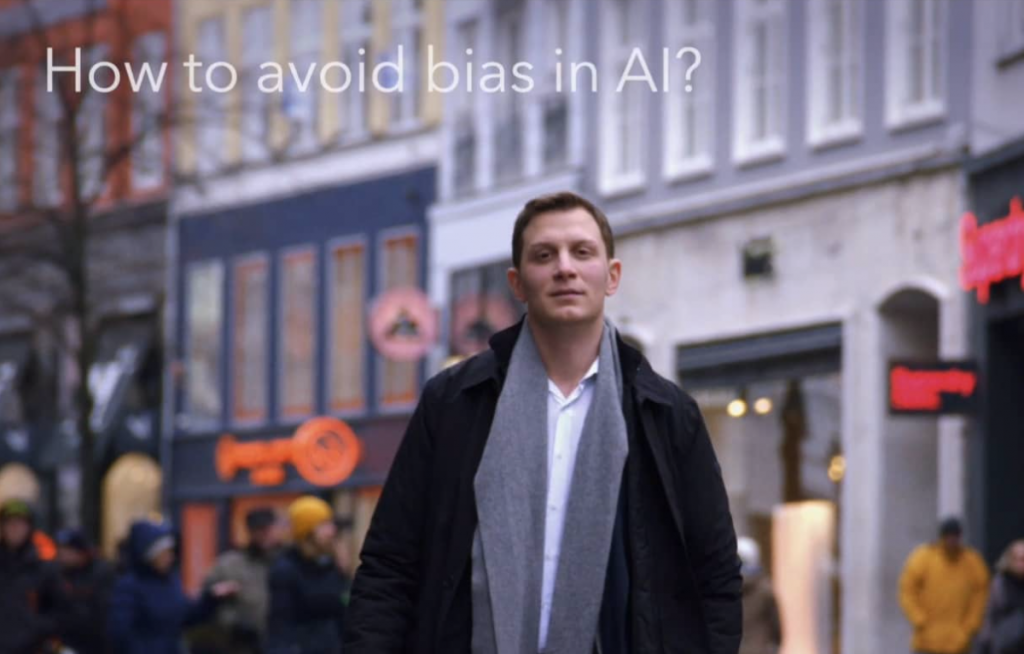As machine learning and artificial intelligence (AI) capabilities develop in leaps and bounds, we are seeing the fulfilment of concepts and ideas that only a few years ago seemed like pure science fiction. Every day seems to bring a new story of how AI will help humans do what we do best – even better. Like 3D scanning and image analysis while surgery is in progress to help a surgeon determine right away how well the operation is going. Or Audi cars that can now suggest at which speed you should drive in order to avoid stopping at the next red light.
But as the technology develops and grows to where we may mistake AI for human, so does concern about careless or even malicious use of these powerful tools. Some companies are starting to suppress emerging technologies that they might not be able to control. And they are warning investors in financial filings of ethical concerns over AI that could harm the overall business.
I remained convinced that we have the tools and knowledge to harvest the benefits while keeping a keen eye on the risks and problem areas; being diligent and watchful is part of the price we pay for advancement. And when I come across young bright minds such as Jacob Knobel, a data scientist and entrepreneur so skilled and insightful that he made it to the Forbes “30 Under 30” list at just 25, I feel even more at ease.
I caught up with Jacob as part of the planning for SAS Forums in Copenhagen and Oslo. I invite you to listen to his recommendations for data scientists wanting to make sure they are on the right side of AI innovation in this video clip.
As Jacob so precisely puts it, we need to ensure that we use basic statistical methods, math approaches that we have known and developed through millenniums, to ensure that our results are valid. We need to be keenly aware of built-in bias, especially in historical data. But these are skills that good data scientists have and continually develop.
When bright young minds stand on the shoulders of traditional science and combine their skills with the eternal quest for better results and even a better world, I believe we can have a future in which we gain more from AI than we risk losing.
When bright young minds stand on the shoulders of traditional science and combine their skills with the eternal quest for better results and even a better world, I believe we can have a future in which we gain more from AI than we risk losing. Share on XJacob Knobel will give a keynote "Ethical Considerations in AI" in SAS Forum Copenhagen and in SAS Forum Oslo

